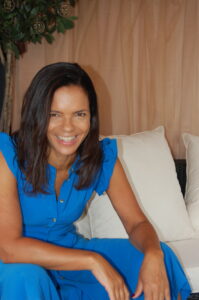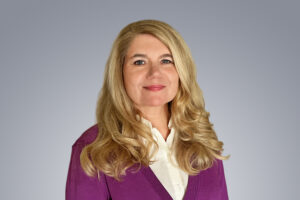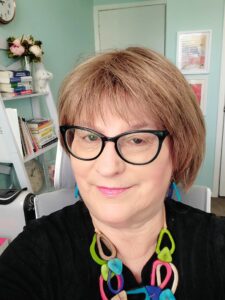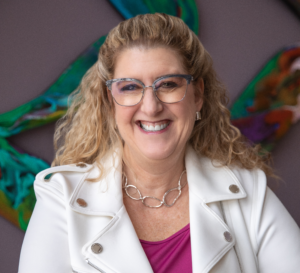One of the things that makes a career a better journey is when we have purpose, and we feel like we belong. Belonging is human and it’s something we all crave.
On this episode of Overcoming Distractions, we talk about belonging in the workplace and why it is so mission critical for all of us. Especially those with adult ADHD.

Aga Bajer is a culture strategist and works with organizations to help a cultures evolve for the better. She works with leaders and teams across the globe to help improve culture.
Aga is the founder of Culture Brained which is a community dedicated creating cultures that are synonymous with fun, meaning and belonging.
Aga starts telling us about Culture Brained and the organization’s important work.
Dave talks with Aga about some of the bigger factors involved in people not feeling like they belong in any type of working Environment.
Aga also discusses with Dave what happens to both the individual and the organization when the feeling of belonging is lost. That includes stress and in the long term feeling burned out for individuals.
Aga talks with Dave about how an individual knows that they do truly belong in an environment such as a workplace and what those key indicators that give them comfort.
They also discuss what should someone looking to make a job or career change look for and how to go about that if belonging is important.
How do we show up in a workplace that can make a difference? Aga answers this as well.
Learn more about Culture Brained and Aga’s important work here.

 Dave’s guest on this episode is Dr. Fiona Peters an expert in ADHD in the workplace, a researcher, speaker and authority on this topic of goal setting and Adult ADHD.
Dave’s guest on this episode is Dr. Fiona Peters an expert in ADHD in the workplace, a researcher, speaker and authority on this topic of goal setting and Adult ADHD. Tara first discusses why she wrote the book, the Kindness Cure, what prompted her and what she wanted to accomplish by having people read about kindness.
Tara first discusses why she wrote the book, the Kindness Cure, what prompted her and what she wanted to accomplish by having people read about kindness.
 Jamie gives a general overview of occupational therapy and how occupational therapists generally work with clients.
Jamie gives a general overview of occupational therapy and how occupational therapists generally work with clients. First, Mikey talks about growing up with ADHD including the successes and challenges he encountered. And he talks about some of the challenges as he entered adulthood.
First, Mikey talks about growing up with ADHD including the successes and challenges he encountered. And he talks about some of the challenges as he entered adulthood. Dave’s guest has been here before- Lara Honos-Webb….Clinical psychologist and author as well as Cofounder of Bonding Health which is an app that helps children with ADHD. She is the author of Brain Hacks: Life-changing Strategies to Improve Executive Functioning and her new book 6 Super Skills for Executive Functioning.
Dave’s guest has been here before- Lara Honos-Webb….Clinical psychologist and author as well as Cofounder of Bonding Health which is an app that helps children with ADHD. She is the author of Brain Hacks: Life-changing Strategies to Improve Executive Functioning and her new book 6 Super Skills for Executive Functioning. Shell and Dave discuss her recent book and start out by talking about how ADHD can impact our careers including some examples listeners can relate to. One area some adults with ADHD can relate to is when placed on a performance improvement plan at work, which, as Shell puts it, can be a soul-crushing situation.
Shell and Dave discuss her recent book and start out by talking about how ADHD can impact our careers including some examples listeners can relate to. One area some adults with ADHD can relate to is when placed on a performance improvement plan at work, which, as Shell puts it, can be a soul-crushing situation. When we have confidence, then we can earn the trust of others in the workplace, leadership, clients, and others. And it’s just an awesome feeling when we can walk into work and be confident.
When we have confidence, then we can earn the trust of others in the workplace, leadership, clients, and others. And it’s just an awesome feeling when we can walk into work and be confident.